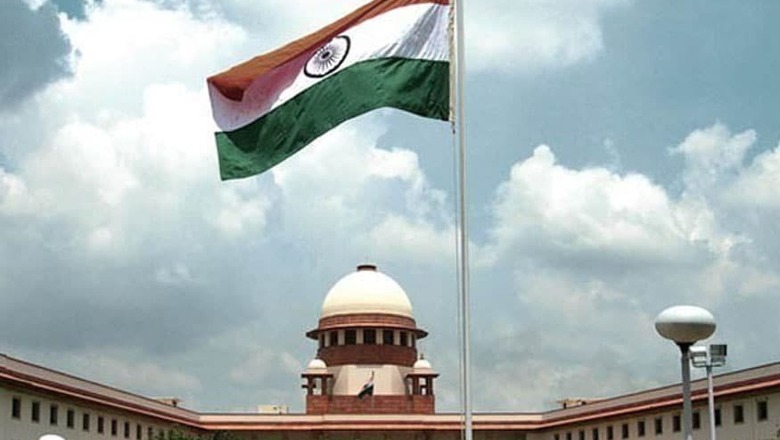
views
New Delhi: The Congress on Wednesday said the Supreme Court decision on government diluting appointments to different tribunals will have far-reaching consequences on any future attempts by this dispensation to abuse the money bill route and sought a debate on the issue in Parliament.
"I wholeheartedly welcome the decision of the Constitution Bench of the Supreme Court of India in my case. I am deeply grateful to the Supreme Court for this decision," party leader Jairam Ramesh said.
"It will have far reaching consequences on any future attempts by the Modi government to abuse the money bill route and is also a reminder to future governments that any attempt at diluting our institutions will not be allowed," he said.
Ramesh, who is a petitioner in the case, said "it is important to have a discussion on the money bill in Parliament."
He also claimed that there has been misuse of Article 110 by the government in the last three years, whereby it has been converting key bills as money bills for avoiding a vote and passage in Rajya Sabha.
He said the five-judge bench wants this issue to be sent to a larger bench and thus will have its consequence on the Aadhaar bill judgement, which was also given by a five-judge Constitution bench where the Supreme Court has said it is a money bill.
"It is a victory not for the Congress. This is a very big victory especially for the Rajya Sabha and democracy and it is a defeat of the BJP," he said.
Ramesh in his petition had challenged the Finance Act of 2017 (as notified on March 31, 2017) and the rules framed thereunder (notified on June 1, 2017) through which the government had sought to dilute appointments to nineteen different tribunals, including crucial institutions like National Green Tribunal and Central Administrative Tribunal, among others.
Through the rules, the government extended executive control over these institutions by altering the composition of the selection committees and vastly downgrading the qualifications and experience required to staff these bodies, he alleged.
"This was done with the furtive intention of vesting greater control in the central government on the appointments of judges to these judicial and quasi-judicial bodies," Ramesh said.
"Knowing fully well the Finance Act (and the Rules framed thereunder) would not pass parliamentary muster, the Modi government classified it as a money bill so as to prevent voting in the Rajya Sabha," he said, adding that the ruling dispensation lacks numbers there.
"I challenged the Act as an abuse of the money bill route and also for its brazen and audacious attempt to seize control of prestigious independent tribunals which act as a necessary check on arbitrary executive actions," he said.
On the first question of whether the Finance Act, 2017 was genuinely classified as a money bill, the bench has referred the issue to a larger bench. Most notably, in his separate judgment, Justice DY Chandrachud has gone one step further and held that the Act could not have been enacted as a money bill and that Part XIV amounts to a 'substantive irregularity'.
On the second question, of whether the section introduced under the Act (allowing it to make rules for the appointment to these tribunals) is valid, the court held in favour of the government.
Most importantly however, on the third question, as to whether the rules framed prescribing the appointments to these bodies are valid, the court struck down the same as being excessive and ultra vires the Act.




















Comments
0 comment